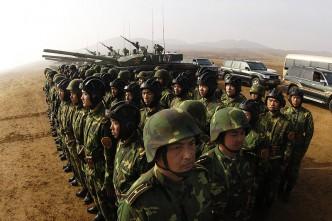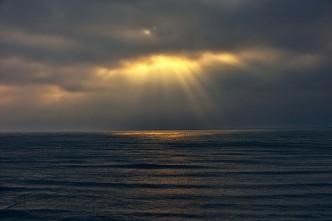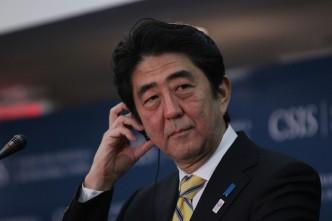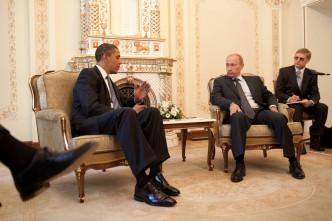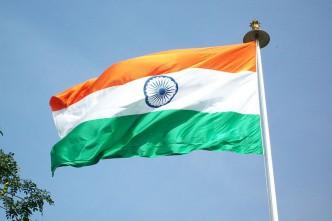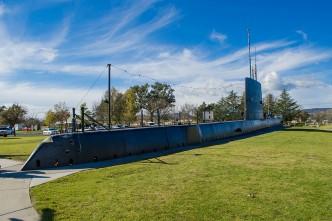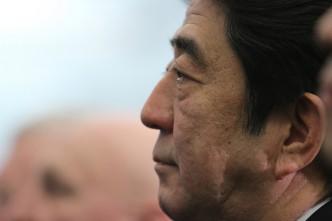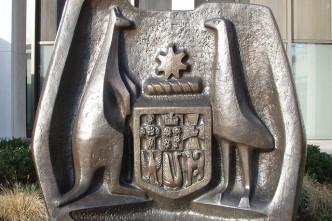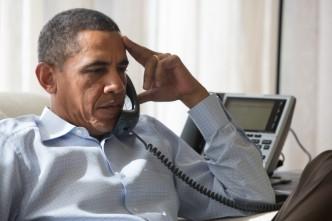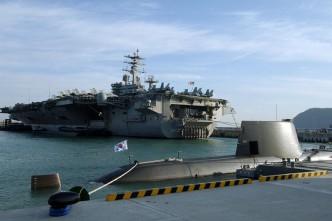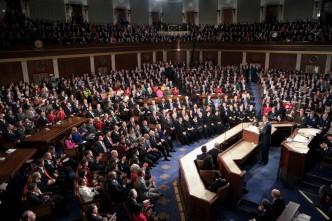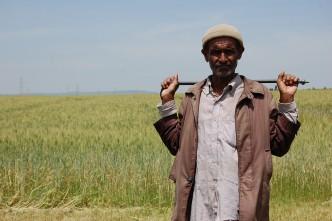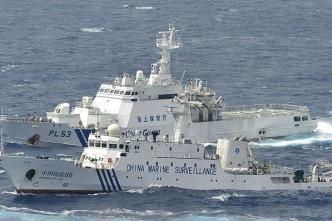It’s now time for Africa’s third liberation, according to Greg Mills and Jeffrey Herbst in their positive and uplifting book, Africa’s Third Liberation. In their construct Africa’s first liberation was from colonial governments—in essence the …
Concerns about China’s rising military capabilities usually focus on its naval, air and anti-access/area-denial forces, downplaying its ground forces. Some American analysts have great confidence in the ability of the US and of its regional …
John Blaxland recently argued on The Strategist that China is largely responsible for tensions in the Asia–Pacific. Indeed, its new ‘10-dash line’ is likely to increase the fears of its neighbours about Beijing’s expansive territorial …
The security system the US has evolved in Asia has dealt with upsets, defeats, setbacks and even the dangers of victory. The US suffered a bitter draw in Korea that’s had a half-life equal to …
This post will be the first of a three-part series based on my participation in an ASEAN Regional Forum (ARF), hosted jointly by the Chinese and Malaysian Governments in Beijing. The intriguing title of the workshop …
Just as the thumping victory by the conservative Liberal Democratic Party under Shinzo Abe in December 2011 over the ‘progressive’ Democratic Party of Japan is good for Japan–Australia relations, the thumping victory by the Liberal–National …
President Barack Obama’s 10 September address to the American people about Syria continues to send confused messages about the administration’s plans. Obama reasserts his authority to authorise a strike following the Assad regime’s use of …
Last week over on The Interpreter, Danielle Rajendram criticised what looks like the absence of India from PM-elect Tony Abbott’s priorities in Asia. China, Japan, South Korea and Indonesia are at the top of the …
A few months back, Mark Thomson and I wrote about eight defence challenges for the incoming government. Some of them were obvious, such as getting the budget under control, managing the future submarine project and …
The incoming government’s promise to boost defence spending to 2% of GDP within a decade has attracted a lot of commentary, including here, here and here on The Strategist. And well it should. It’s a …
Abe’s recent trips to Southeast Asia show that Japan is turning once again to the region. Abe travelled to Indonesia, Thailand and Vietnam in January — his first foreign tour since his re-election as prime …
Remarkably, there’s now bipartisanship in Australian Defence. Both major parties agree that the Defence Budget should be 2% of GDP. The only difference is the timing in getting there. While some express doubts, there’s a certain logic …
The defence and foreign relations debate in Australia is bedevilled by several entirely obvious flaws. In the first place, foreign affairs people very seldom mention defence while the defence people seldom emerge from technical assessments …
The Asia security system is to be constructed atop the foundations of the US hub-and-spokes of alliances in Asia—the San Francisco system, which is enjoying a burst of health and regional affection in its seventh …
The big story this week is still Syria, and expectation has reached a fevered pitch. The Economist writes that …The congressional votes and the action to follow [will be] one of those episodes that will …
No one can dispute the fact that the South China Sea has been a sea of contention in recent years. And now Malaysia has added confusion to the already torturous mix. Speaking to Bloomberg News …
A little over two weeks ago, the Republic of Korea Navy (ROKN) launched its fourth 1,800 ton German Type 214 submarine in a ceremony attended by President Park Geun-hye. Featuring modern Air-Independent Propulsion (AIP) and …
President Obama’s bizarre choice to give Congress a right to veto a strike on Syria effectively confirms lame-duck status on the rest of his Presidency. He has around 1200 days left in office, a long …
I’ve just returned from Perth where I participated in two events. The first was a forum run jointly by the Africa Australia Research Forum at Murdoch University and the Crawford Fund (an organisation focused on …
Hugh White continues to paint a picture of the United States being the principal cause of the growing tensions in Asia by not making enough concessions, and by ‘containing’ rather than ‘ceding primacy’ to China. …

